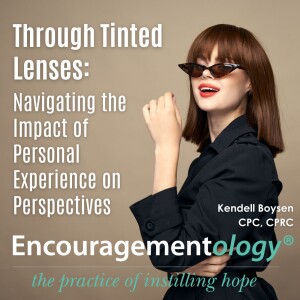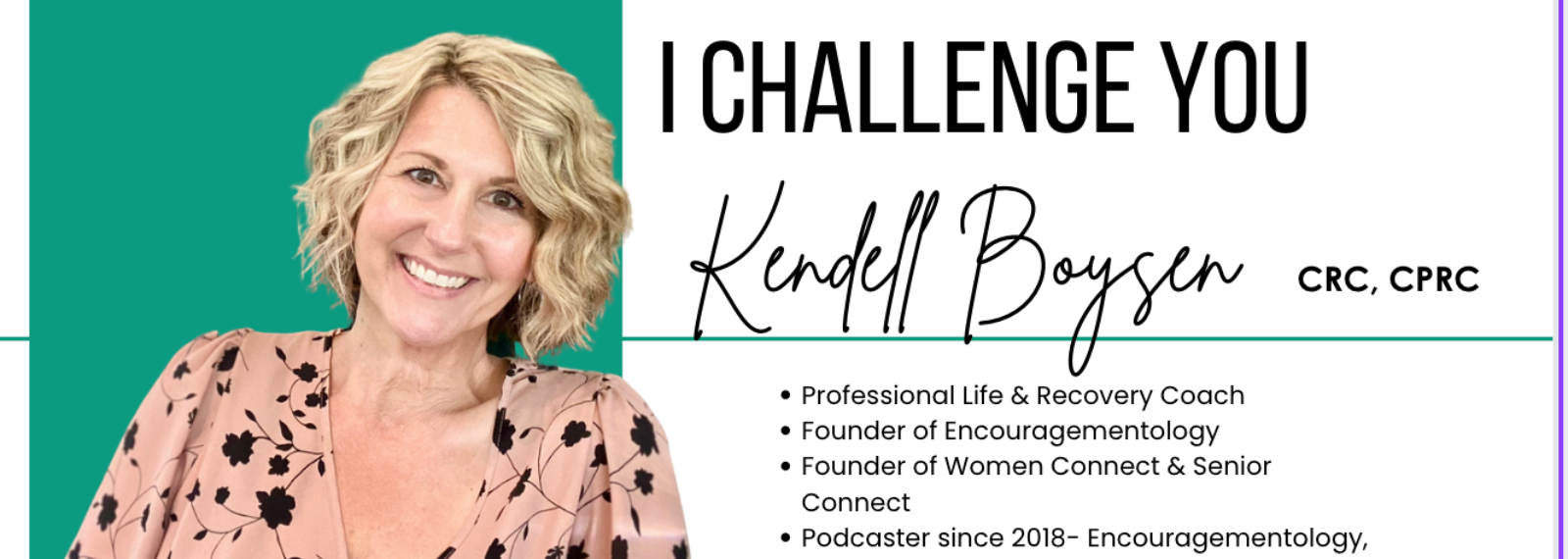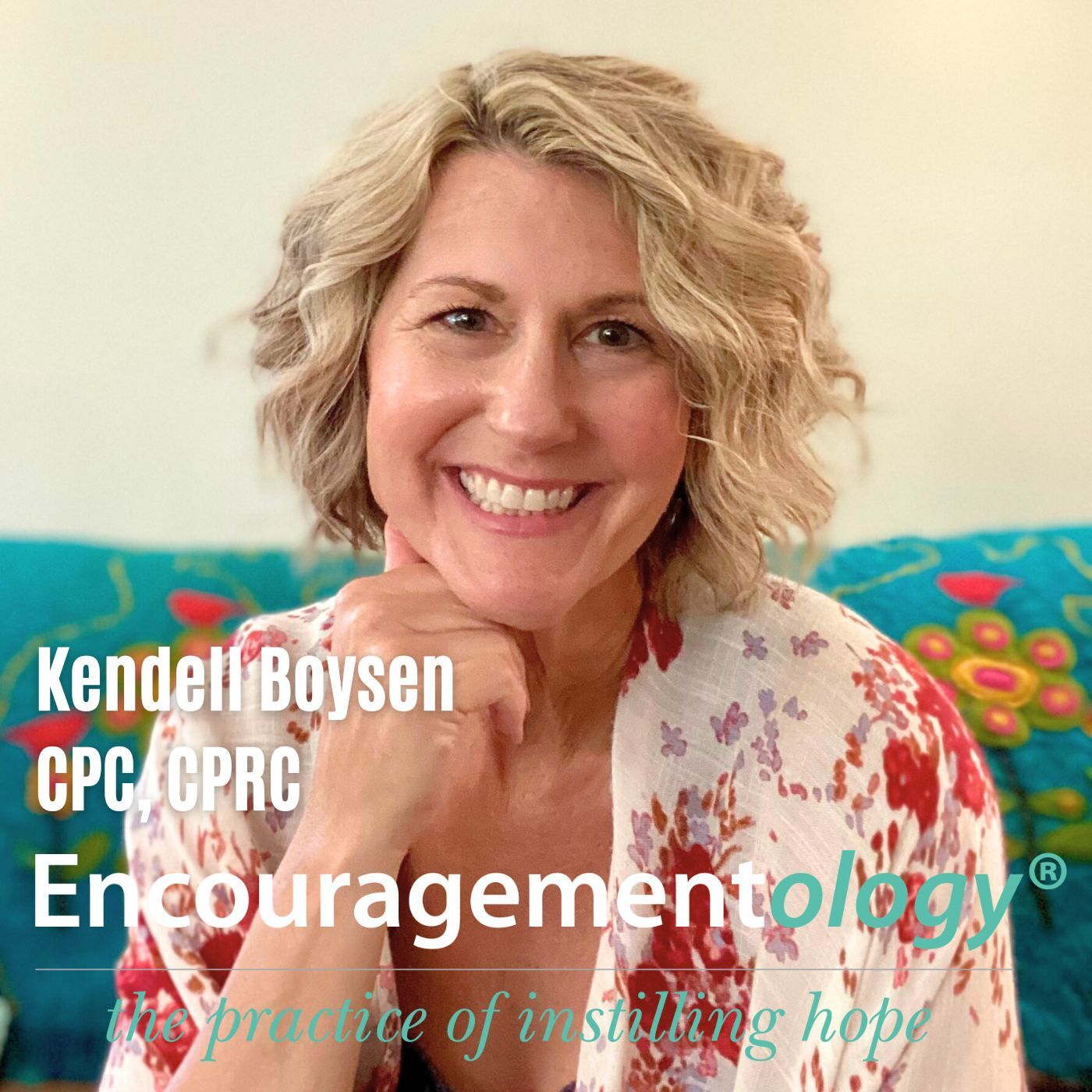Episodes

Tuesday Jan 23, 2024
Tuesday Jan 23, 2024
SHOW NOTES:
On this show…we become keenly aware of how our lenses may be tinted as we navigate the impact personal experiences can have on our perspectives. Which tint are you viewing your world through; rose, violet, jaded, or mirrored? Maybe you aren’t even aware that the lines you draw in the sand were actually started and passed down by someone else. Not unlike limiting beliefs, our perception of any situation is subject to ideas we formulated long before challenges arose. The good news is, as we accumulate more experiences, our perspective can evolve. And if we’re open to digging into the discovery process to identify the level of “tint” we’re dealing with we have the opportunity to push back on outdated beliefs and embrace new ideas and opinions.
So whether your head is stuck in the sand, in the clouds, or between a rock and a hard place, there is always wiggle room. What typically stands in our way? Of course, ourselves. We tend to defend beliefs, taking opposing ideas to the mat. Why is that…. age-old question without a clear answer? People like to be right and they generally pick through ideas, clinging to the ones that support how they feel instead of challenging what they think.
So hang in there. I’m not here to challenge you toe to toe, just ask you to be open to understanding yourself better and be curious to learn more.
Past experiences play a pivotal role in shaping our perspective of ourselves and the world around us. Here are several ways in which this happens:
- Formation of Beliefs and Values: Our past experiences contribute to the development of our belief systems and values. Positive experiences may reinforce certain beliefs, while negative experiences can challenge or alter them.
- Cognitive Filters: Past experiences act as cognitive filters through which we interpret new information. These filters influence how we perceive events, people, and situations, often leading to biased interpretations based on past encounters.
- Emotional Imprints: Emotional experiences leave imprints on our memory and influence our emotional responses to similar situations in the future. Traumatic events, for example, can create lasting emotional associations that impact our reactions.
- Self-Identity: Personal experiences contribute to the formation of our self-identity. Successes, failures, and significant life events shape how we perceive ourselves, influencing our self-esteem and self-worth.
- Cultural and Social Context: Past experiences within cultural and social contexts shape our worldview. Cultural upbringing, societal norms, and shared experiences with others contribute to the lens through which we view the world.
- Learning and Adaptation: Experiences provide opportunities for learning and adaptation. Positive experiences may reinforce certain behaviors, while negative experiences prompt adjustments in behavior to avoid similar outcomes.
- Memory Biases: Our memory is not always an accurate representation of past events. Memory biases can distort our recollection, leading to a selective and subjective interpretation of our experiences.
- Perspective Shifts Over Time: As we accumulate more experiences, our perspective can evolve. What once seemed significant or insurmountable may take on a different meaning as we gain new insights and learn from additional life events.
CHALLENGE: This is the time to explore how your past experiences have shaped your perspective, allowing you to be more aware of any biases and preconceptions that may be holding you back. Open the door to personal growth, empathy, and a more nuanced understanding of yourself and the world
I Know YOU Can Do It!


No comments yet. Be the first to say something!